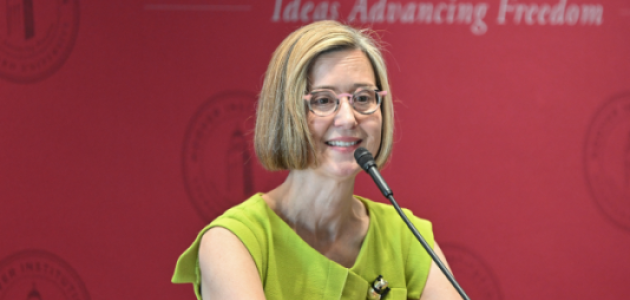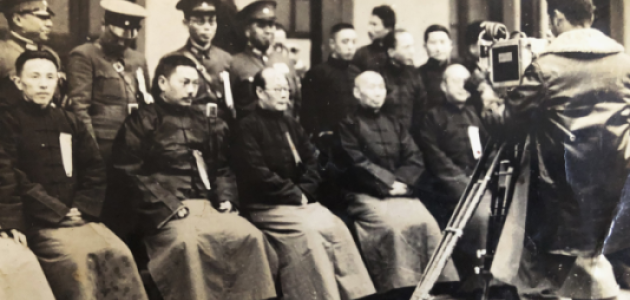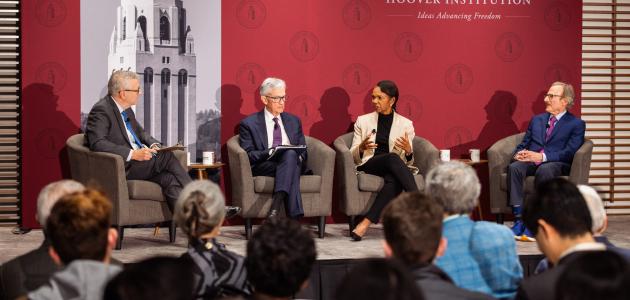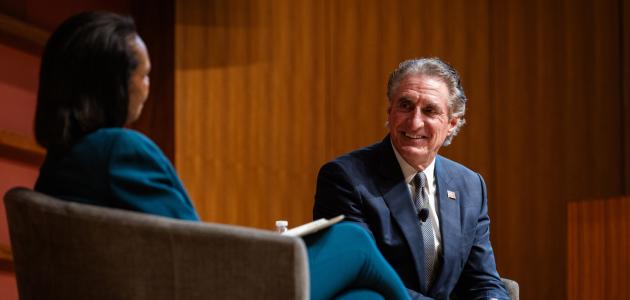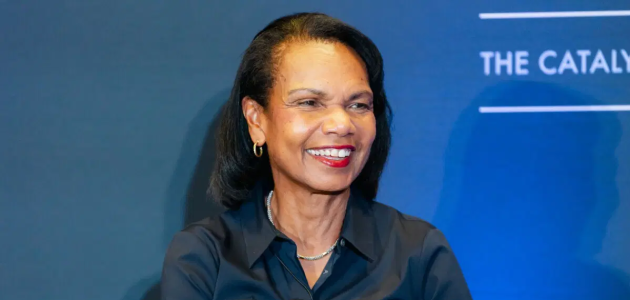The prospects for Social Security reform were discussed by Robin Toner, New York Times domestic correspondent, in a media fellow seminar titled "The Politics of Social Security" on May 3. In her 20 years at the Times, Toner has covered four presidential campaigns, numerous congressional and state elections, and scores of legislative battles on issues from health care to civil liberties. Never during this time, Toner said, has she seen such levels of political polarization as are now seen on the Hill.
Toner compared and contrasted the current process of reforming Social Security with the overhaul of Medicare in 2003. Although reforming Medicare was difficult, Toner said, there were factors, such as members of Congress who could mediate, incentives for members of Congress to act, and the American Association of Retired People viewed it favorably, that helped it along. Those factors, she said, do not exist now. "The legislative path of a bill [to change Social Security] is hard to see due to all the obstacles," Toner said.
Toner noted in concluding that people prefer a balance of risk and security. From the beginning, she said, in the efforts to privatize Social Security that there has been difficulty in addressing concerns of citizens.
Toner, the national political correspondent at the New York Times from 1989 through the 1992 election, was the first woman to hold that position at the newspaper. She also served as chief of correspondents on the national desk and as congressional correspondent. In addition, Toner writes for the paper's other sections, including the Times Book Review and the New York Times Magazine. Before joining the Times, Toner was a political reporter for the Atlanta Journal and Constitution.
The Media Fellows Program allows print and broadcast media professionals to spend time in residence at the Hoover Institution. Media fellows have the opportunity to exchange information and perspectives with Hoover scholars through seminars and informal meetings and with the Hoover and Stanford communities in public lectures. As fellows, they have the full range of research tools the Hoover offers available to them.
More than 100 of the nation's top journalists have visited the Hoover Institution recently and interacted with Hoover fellows on key public policy issues, including
- John Diamond, USA Today (in residence April 25–29)
- Steve Weisman, New York Times (April 24–29)
- Shailagh Murray, Washington Post (April 18–22)
- Paul Kane, Roll Call (April 18–22)








